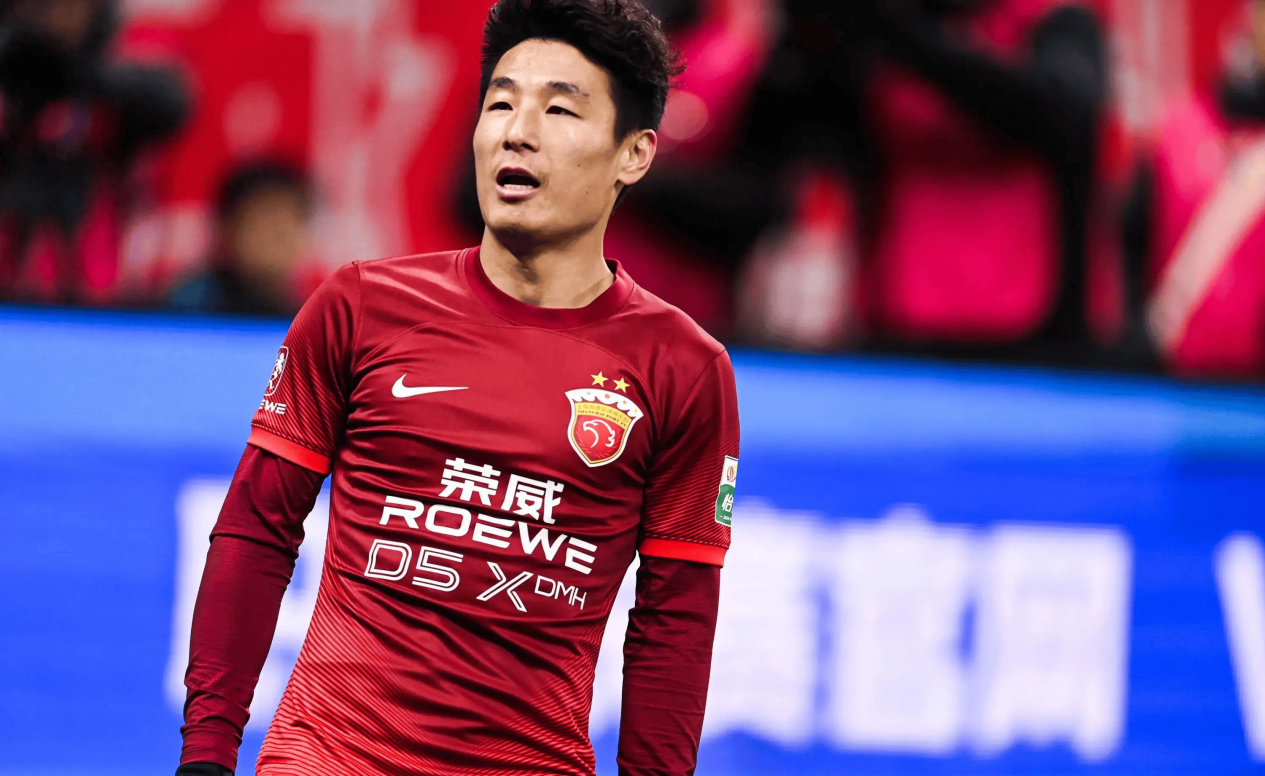The latest training list of the national football team has caught the attention with an average age dropping from 35 to just over 26, a youthful transformation that has left fans somewhat bewildered. However, upon closer inspection, it's clear that a blood transfusion is indeed necessary as the older players are visibly struggling.
The changes in the national team's training list this time are quite significant. Ivanković's move towards youthfulness has directly lowered the average age to 26.7 years old, a precipitous drop that has taken many by surprise.
Beijing Guoan and Shanghai Shenhua have suddenly become major contributors to the national team, with each team having 7 players selected. Shandong Taishan is not far behind, contributing 6 national team players. These teams essentially occupy half of the national team.
For the double champion Shanghai Port, the situation is awkward this time, with only Yan Junling and Wei Zhen selected, while Wu Lei and Jiang Guangtai were directly overlooked. This raises questions about their current form.
Hou Yongyong's performance in the Norwegian league has indeed been impressive. As the first bloodline naturalized player, his return to the national team list is well-deserved, and his Weibo post was quite touching.
The inclusion of Cao Yongjing and Yang Liyu also indicates that Ivanković is truly relying on young players, especially Yang Liyu, who hasn't been in the national team for three years and has finally gotten his chance.

The process of Serginho's naturalization is underway, although it has not been officially announced yet. His display of a Guoan scarf at the airport speaks volumes.
Guoan's personnel changes this time are indeed significant. Yu Dabao and Zhang Chengdong left due to age issues, and Li Ke proactively did not renew his contract to find a new club, all of which were expected.
Mamadou's departure is undoubtedly Guoan's biggest loss. He played well at Guoan and is now being pursued by other teams, which is reasonable. On the other hand, Adenoro's departure has relieved the fans.
After the news that Wei Zhen and Wu Shaocong are likely to join, expectations for Guoan's strength configuration have increased. If these two really join, Guoan could have 10 national team players.
Setién's foreign coaching team gives a professional impression, and with Serginho's addition, Guoan's midfield creativity should see a significant boost.
Although this youthful transformation may affect short-term results, it will benefit the long-term development of the national team, after all, young people always need opportunities.

Wu Lei's performance after returning from La Liga has indeed not been ideal, reflecting the adaptation issues commonly encountered by overseas players upon returning to China, a phenomenon worth pondering.
With so many national team players, Beijing Guoan might actually become a tactical testing ground for the national team, which would be a good opportunity for both the team and the national team.
The naturalization policy now seems to be shifting towards local cultivation, which is actually a good direction, as we cannot always rely on naturalized players.
The power balance among the Chinese Super League giants is undergoing subtle changes, with Shanghai Port's selection of only two national team players this time being a signal.
Guoan's massive recruitment this time will certainly incur significant wage expenditures. It remains to be seen whether the club can withstand such financial pressure.
The selection mechanism for young players still needs improvement. Age alone should not be the focus; rather, a balance between ability and potential should be emphasized.
The overall style of the Chinese Super League may change due to this reform of the national team, as all teams will need to provide more young players for the national team.